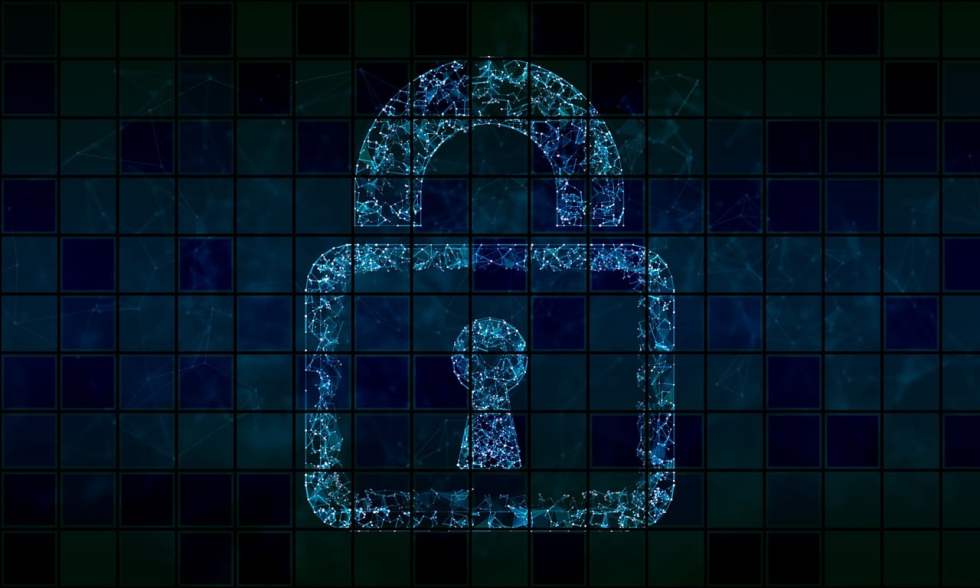ZK proofs are good for a lot. More than a lot in fact: they are the band-aid of web3, a universal fixer whose judicious application can ameliorate every conceivable ill. At least that’s what their proponents would have you believe – and their number is growing larger with every passing day.
Make no mistake, ZK proofs are big business right now. From anonymous authentication to supporting secure elections, zero-knowledge proofs are as versatile as they are indispensable. But there’s one domain in particular where they’re proving their worth in web3: delivering data privacy.
Crypto’s Privacy Problem
One of the problems web3 is supposed to solve is data leakage. In the hub-and-spoke model favored by the incumbent web, user data is siloed in centralized servers where it forms a honeypot for hackers. It’s a ticking time bomb, an accident waiting to happen and a monetizable horde begging to be opaquely resold to the highest bidder.
Web3’s architecture entrusts users to care for their own data. Stored locally, it is associated with a unique digital identity that is shared on a need-to-access basis rather than being wholesale granted to the service provider for them to (mis)use as they see fit. At least that’s the theory. In reality, web3 is not a panacea for privacy, as its users are starting to discover.
Due to their public design, blockchain networks are a goldmine for surveillance, and have spawned an entire industry devoted to onchain monitoring. The ability to track monetary transactions in real-time grants a level of oversight that even Orwell couldn’t have imagined in his darkest dreams. Throw in biometric devices scanning retinas to dispense cryptocurrency, and it’s no wonder that web3 is routinely now referenced in the same breath as problematic phrases like “data concerns.”
In their defense, crypto networks, like any technology, are merely tools that can be used for good or for bad; to anonymize or deanonymize. Nevertheless, it’s clear that many of the more euphoric predictions about what web3 would do for user privacy have been exaggerated, to put it mildly. Enter ZK proofs, the latest blockchain-adjacent tech being touted as a privacy enhancer. But does the evidence support the bold claims?
ZK Proof or It Didn’t Happen
Let’s start with the basics: zero-knowledge proofs are cryptographic techniques that allow one party to prove to another party that a statement is true without revealing any information about the statement itself. In other words, ZK proofs enable the prover to convince the verifier of the truth of a statement without divulging any details about the information being proved. This property makes ZK proofs incredibly powerful and widely applicable in numerous fields.
It’s also made companies developing ZK-based solutions extremely valuable. A host of layer-two networks that batch transactions and authenticate them on Ethereum using ZK proofs have become crypto unicorns with multi-billion dollar valuations. The likes of Binance Labs are investing in ZK developers and the likes of RISC are developing web3 solutions that harness the technology.
The latter is launching Zeth, a zkEVM built on the RISC Zero zkVM and Bonsai proving service. Existing crypto networks, like Polygon, meanwhile, have released their own privacy-enhanced EVM variants prefaced with those two all-important letters: “ZK.”
Meanwhile, new ZK-powered networks are emerging that harness greater understanding of how the technology can be utilized to deliver greater onchain privacy. Chief among these is Namada, a proof-of-stake L1 for interchain asset-agnostic privacy. Developed by Anoma, Namada enables shielded transfers for any kind of asset. This applies not only to ordinary tokens but also non-fungible ones – regardless of the network they were issued on.
Not all web3 projects harnessing zero-knowledge proofs slap the ZK label on the trunk, it should be noted. Take decentralized data warehouse Space and Time, for example, whose Proof-of-SQL solution verifies queried onchain data to ensure it is accurate. Its verification process uses ZK proofs to demonstrate that data hasn’t been tampered with. This allows decentralized apps to be created with data verification on demand – without compromising the trustless security that is inherent to blockchain.
Why ZK Proofs Matter
The evidence that ZK proofs are being broadly utilized to bolster web3 data privacy is incontrovertible. It’s too early to say, however, whether this adoption rush will yield significant privacy improvements for web3 users. It’s one thing to develop the technology, after all; quite another for it to be widely implemented in such a manner that its capabilities can be fully realized.
Nevertheless, those who know the technology best can’t disguise their enthusiasm for what it can do and how it will transform everyday systems and processes. “Zero-knowledge proofs are going to become a fundamental part of humanity’s infrastructure,” predicts Zcash founder Zooko Wilcox. He may be right, but even if they do no more than deliver widescale web3 data privacy, they will go down as one of the most useful cryptographic inventions ever conceived.
Image by Pete Linforth from Pixabay
